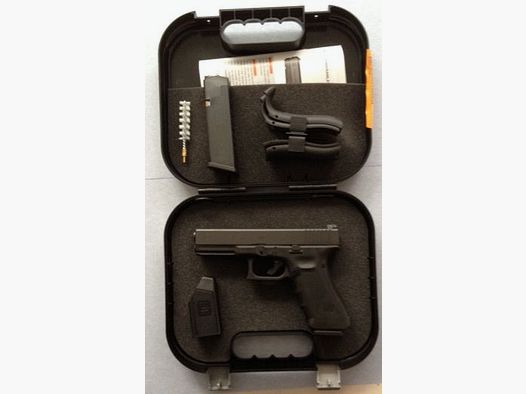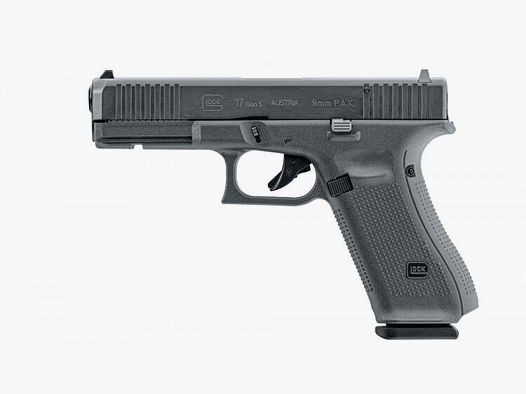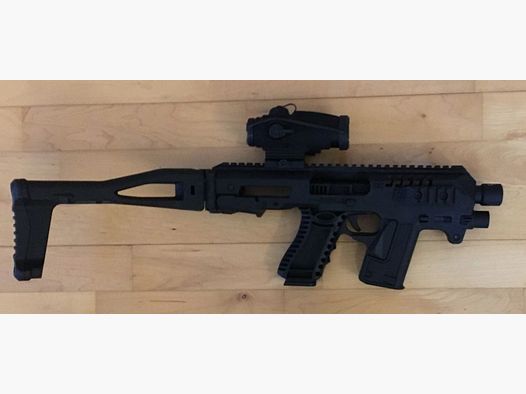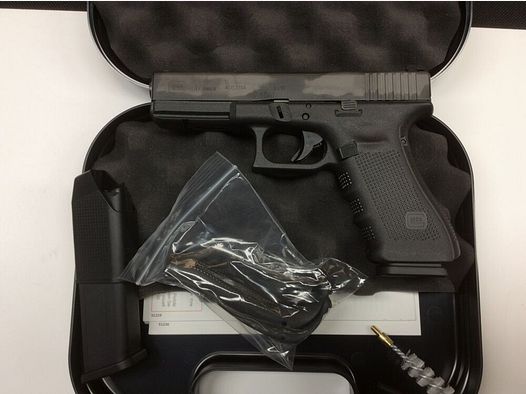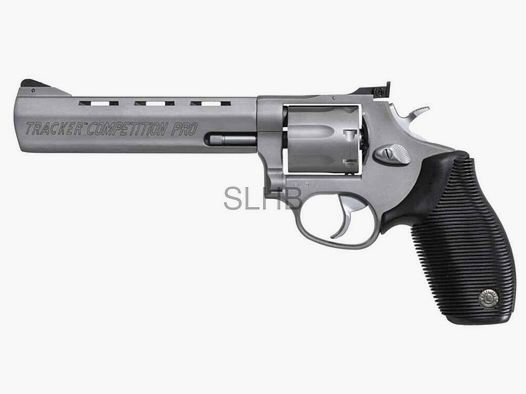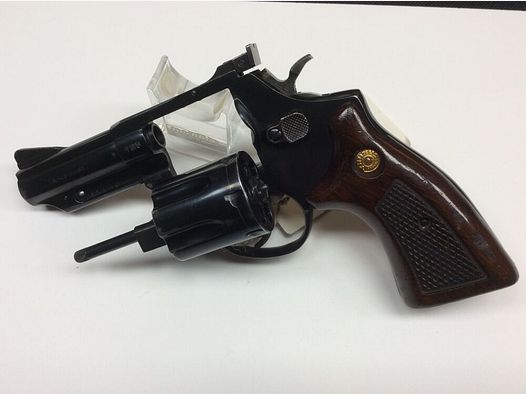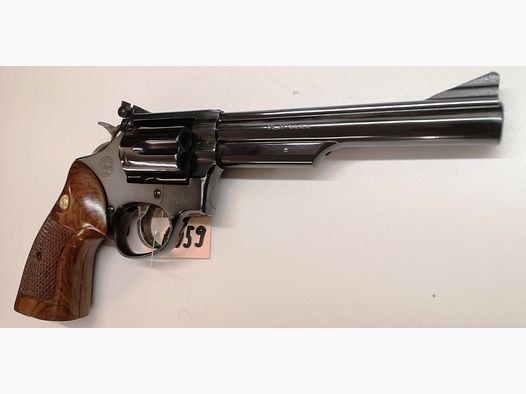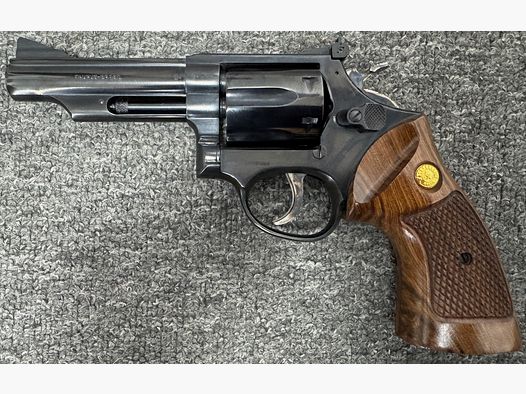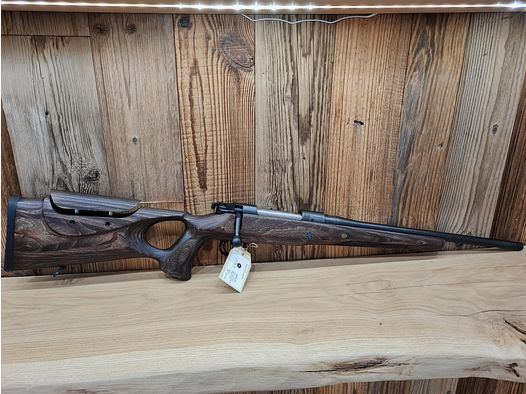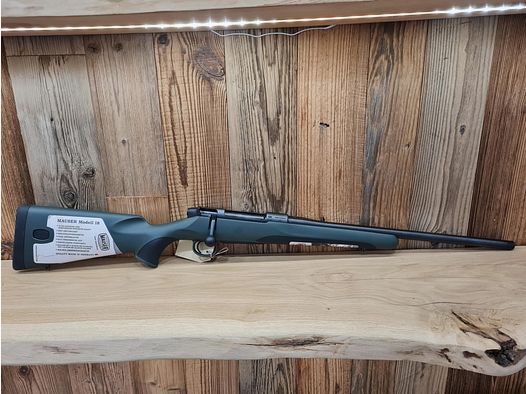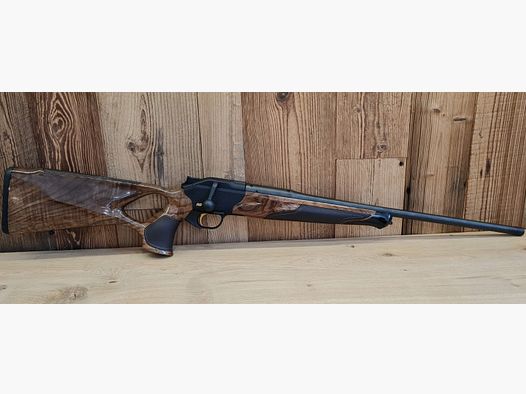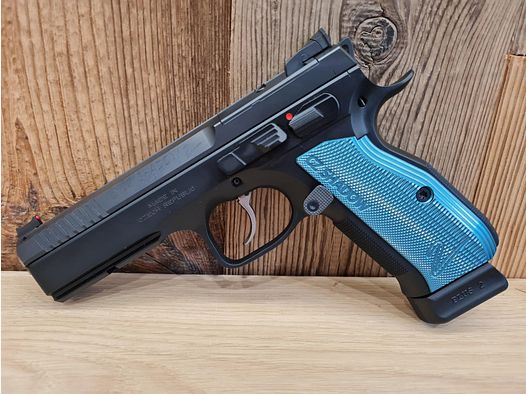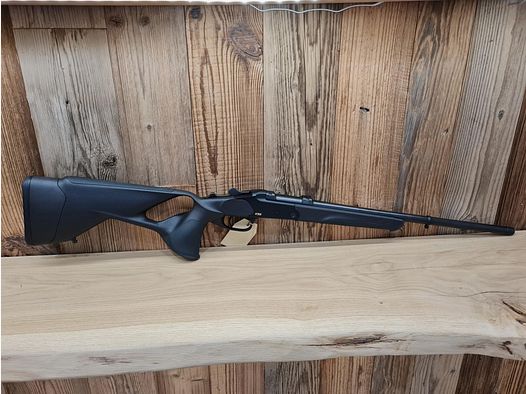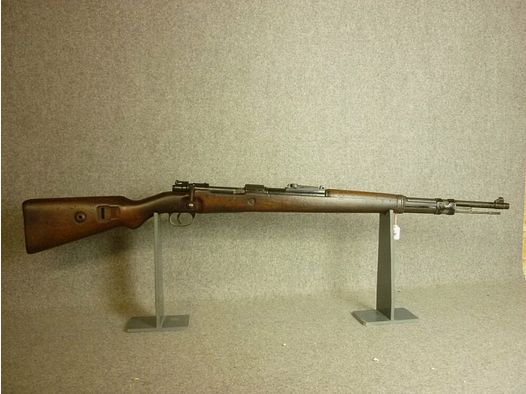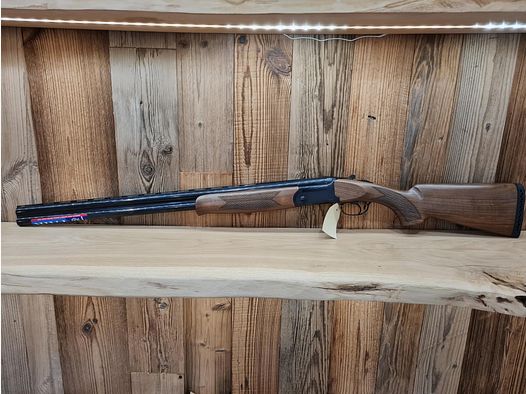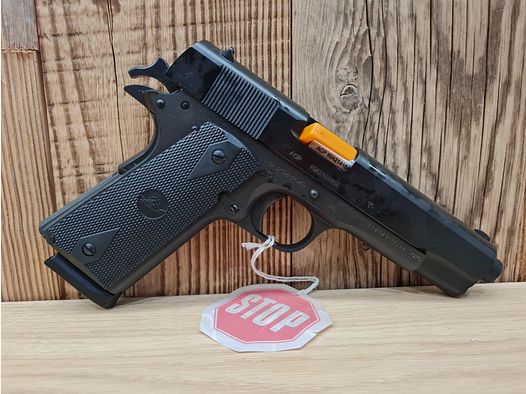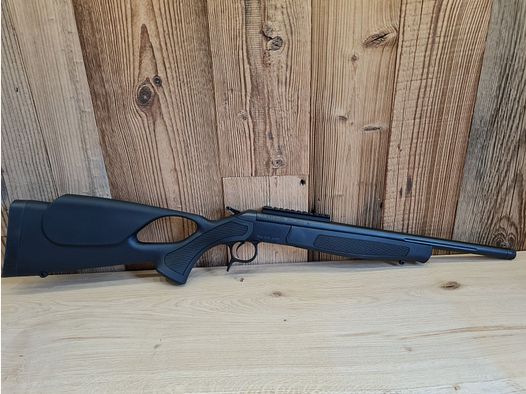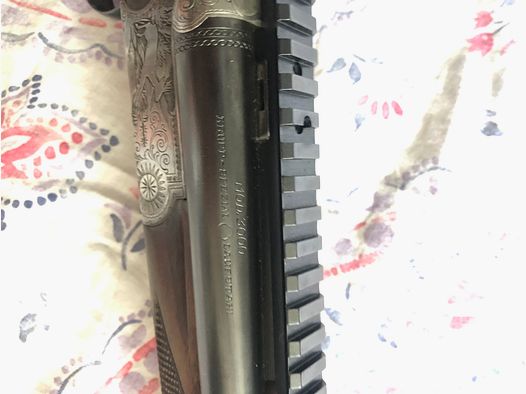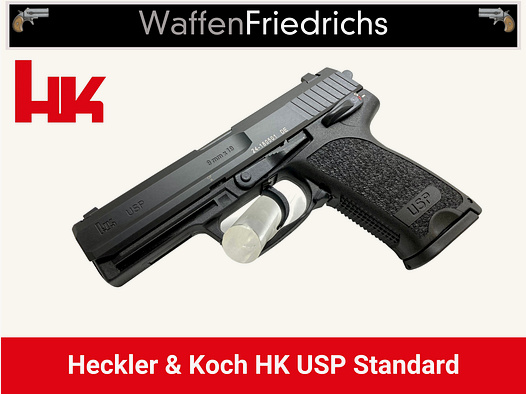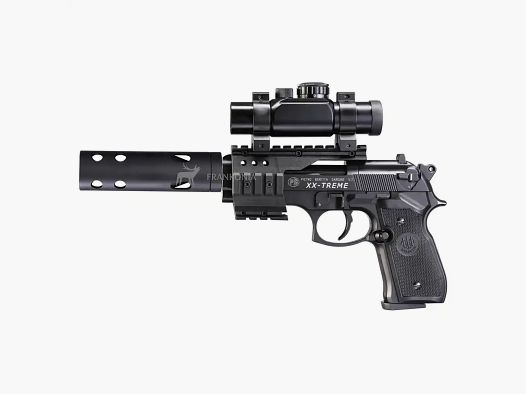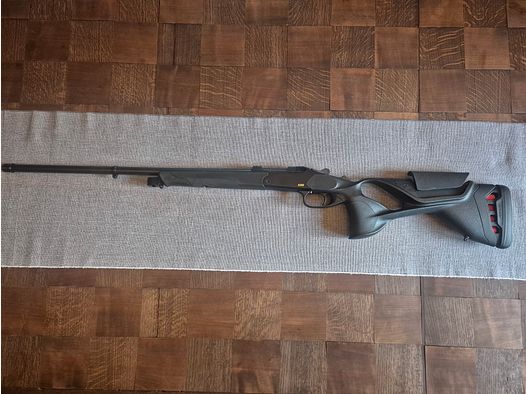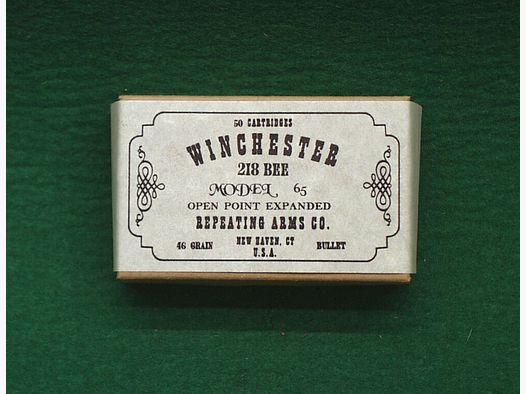It seems that there is no content provided for translation. Please provide the text you would like to have translated from German to English, and I will be happy to assist you!
Handguns for Hunting: A Comprehensive Guide
The most important handgun calibers are:
- .22 lfb
- 7.65 mm Browning
- .380 ACP (also: 9mm short)
- 9 mm Luger
- .40 S&W
- .44 Magnum
- .45
- 10 mm Auto
Importance of Handguns for Hunters
For hunters, handguns are of great importance, especially for the finishing shot and trap hunting. In recent years, handguns, particularly as finishing shot weapons, have gained significance. The reasons for this are primarily related to the challenges of other methods: intercepting with a blank weapon is difficult and associated with tension. Especially with large game, there can also be an increased potential for danger. Intercepting with a long gun in dense underbrush is problematic, as it is long and bulky, and the mounted optics only allow for precise shots at greater distances.
Legal Framework
The German Weapons Act generally permits hunters to possess two handguns: a small-caliber handgun for trapping and a large-caliber handgun for the finishing shot. According to § 19 of the Federal Hunting Act, the ammunition used for the finishing shot must have a muzzle energy of at least 200 Joules. Certain calibers allow for meeting this requirement. According to manufacturer specifications, the weakest finishing shot cartridge is usually the 7.65 mm Browning, which typically achieves just over 200 Joules. However, it should be noted that this energy is measured at a standardized barrel length of 150 mm. Most handguns have a significantly shorter barrel, so the manufacturer's specified muzzle energy is not achieved. Therefore, the use of the 7.65 mm Browning caliber is discouraged, and the lower limit should rather be at 9 mm Luger or .38 Special.
Recommended Calibers for the Dispatch Shot
For stronger and more aggressive game, it is recommended to use more powerful revolver calibers such as .357 Magnum, .41 Magnum, and .44 Magnum. The simple rule applies here: The larger the caliber, the faster the shot game dies. Additionally, a weapon with a longer barrel has more muzzle energy, as the projectile travels a longer distance in the barrel while the propellant burns. A long barrel increases the muzzle energy, but it also makes the weapon heavier, which requires additional effort from the hunter. However, the high weight also has its advantages, as the recoil of the weapon is proportionally lower.
Revolvers vs. Pistols
In addition to the choice of caliber, hunters face the decision between revolvers and pistols. Revolvers are considered to be more robust, easier to use, and safer, as they cannot accidentally discharge without a cocked hammer. However, in recent years, the safety mechanisms of pistols, including those used by law enforcement, have become significantly safer and more reliable. There are models that meet the desired requirements for lightness, reliability, safety, and sufficient caliber, such as the pistols from the Austrian manufacturer GLOCK. GLOCK has gained a high level of popularity not only among military units and sport shooters but also among hunters.
The choice between revolvers and pistols depends on the individual preferences and requirements of the hunter. Revolvers offer a traditional aesthetic and a sense of solidity. They are known for their reliability and their ability to use various types of ammunition. The simple operation of a revolver without external safeties and the fact that it cannot accidentally discharge due to the triggering of a firing pin are additional advantages that many hunters appreciate.
Pistols, on the other hand, often offer a larger magazine capacity, faster rate of fire, and easier handling. Modern pistol models feature improved safety mechanisms such as grip safeties, trigger safeties, and firing pin safeties to minimize the likelihood of unintentional discharge. They also provide the option to attach accessories such as tactical lighting or sight optics to enhance shooting accuracy and effectiveness.
Conclusion
When selecting a handgun for hunting, it is important to consider personal preferences, experience, and the type of hunting. Hunters should carefully choose their firearms, improve their shooting skills, and engage in regular training to ensure safe and effective use. In conclusion, it can be said that handguns play an important role for hunters in the finishing shot and in trapping. The choice of the right caliber and firearm depends on various factors, including the type of game, the hunting situation, personal preferences, and the desired performance. With a well-chosen handgun and appropriate training, hunters can enhance their hunting experience while ensuring the necessary precision and stopping power for a successful hunt.



